Court of Cassation's 3rd Criminal Chamber has upheld the aggravated life imprisonment sentence for Osman Kavala in the Gezi Park trial, along with 18-year prison sentences for Can Atalay, Tayfun Kahraman, Çiğdem Mater, and Mine Özerden.
The Chamber has overturned the conviction verdicts for architect Yiğit Ekmekçi, Mücella Yapıcı, and Open Society Foundation executive Hakan Altınay and ordered their release under judicial control.
.jpg)
Who are the eight convicts of the Gezi case?
The chamber has completed its review of the appeal regarding the decision of İstanbul 13th Heavy Penal Court dated April 25, 2022, and upheld the conviction of Osman Kavala, who was sentenced to aggravated life imprisonment for "attempting to overthrow the government."
The chamber has also decided to uphold the conviction verdicts for Can Atalay, Tayfun Kahraman, Mine Özerden, and Çiğdem Mater Utku, who were each sentenced to 18 years in prison for "assisting in the attempt to overthrow the government."
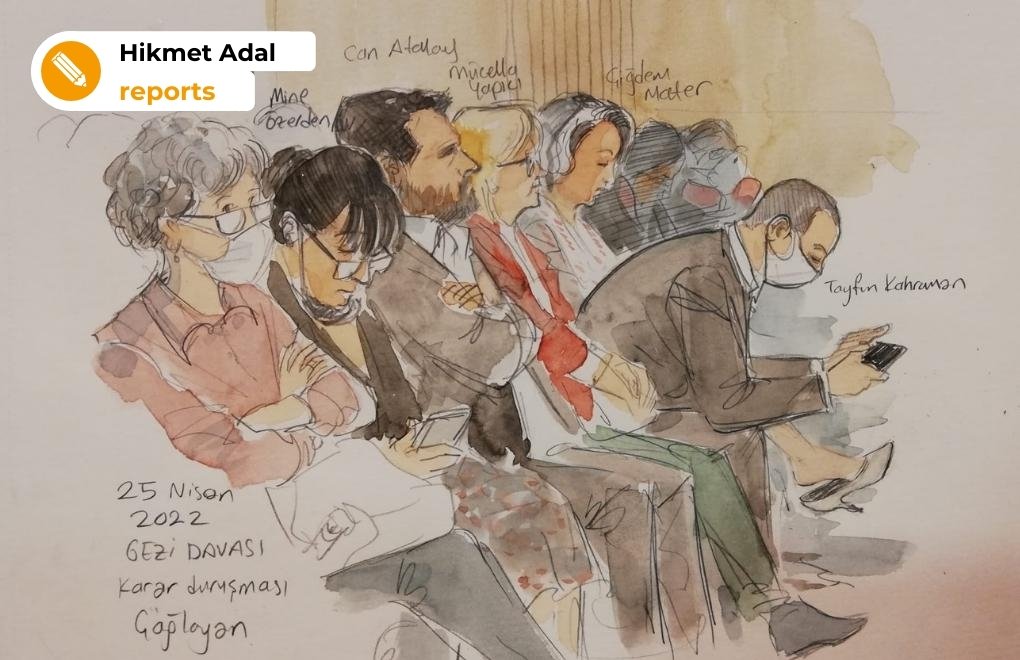
GEZİ TRIAL
Justified ruling in Gezi Trial: There are criminals but no crimes
The Chamber found that Atalay and Kahraman had participated in the 2013 Gezi Park protests "as part of a plan and organization, which had started and spread throughout the country," as quoted by Anadolu Agenc (AA). The Chamber also determined that Atalay and Kahraman had acted "in connection with the other defendant Mehmet Osman Kavala, who was the main actor in the organization and financing of these events." Moreover, the Chamber argued that Atalay and Kahraman's actions constituted "an attempt to assist in overthrowing the government as per Article 312/1 and 37/1 of the Turkish Penal Code," but pointed out that "there was no appeal against it," and therefore, "the grounds for annulment were not made."
In other terms, the chamber suggested that Atalay and Kahraman should have been sentenced to "aggravated life imprisonment like Kavala, but they were sentenced to 18 years."
Reversals
Court of Cassation's 3rd Criminal Chamber has overturned the 18-year prison sentences for Ali Hakan Altınay, Yiğit Ali Ekmekçi, and Ayşe Mücella Yapıcı. The chamber ruled that the actions of these three defendants did not fall under "assisting in the attempt to overthrow the government" but should be evaluated within as "violating the Law on Meetings and Demonstrations."
The Chamber has ordered the release of Yapıcı and Altınay under judicial control.
Background
In the Gezi Park trial, the İstanbul 13th Heavy Penal Court had sentenced detained defendant Osman Kavala to aggravated life imprisonment for "attempting to overthrow the Republic of Turkey government" as per Article 312/1 of the Turkish Penal Code, and acquitted him of "political or military espionage" charges.
The panel had also sentenced defendants Can Atalay, Çiğdem Mater, Ali Hakan Altınay, Mine Özerden, Tayfun Kahraman, Ayşe Mücella Yapıcı, and Yiğit Ali Ekmekçi to 18 years in prison for "assisting in the attempt to overthrow the Republic of Turkey government" and ordered their detention on this charge.
İstanbul Regional Court of Justice had found the local court's decision to be in compliance with the law.
Can Atalay, one of the defendants, was elected as a deputy from the Workers’ Party of Turkey (TİP) in the elections held on May 14. As a result, his lawyers applied to halt the trial and release him, but the Court of Cassation 3rd Criminal Chamber rejected the request. (AEK/VK)





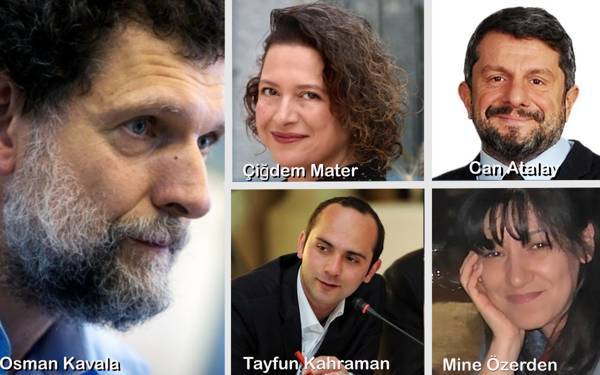
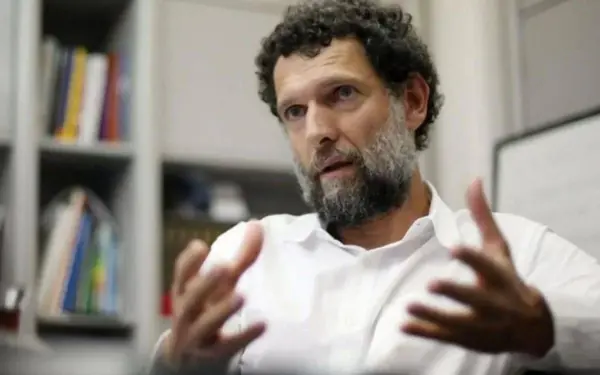
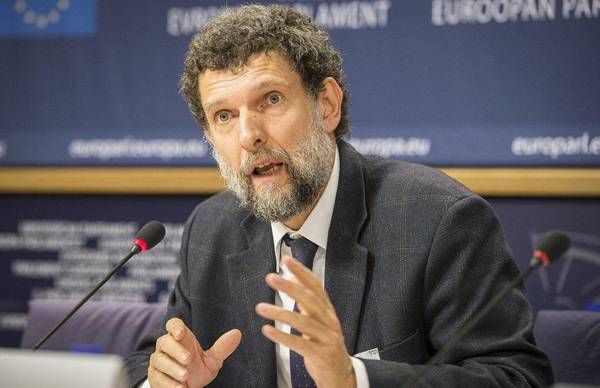
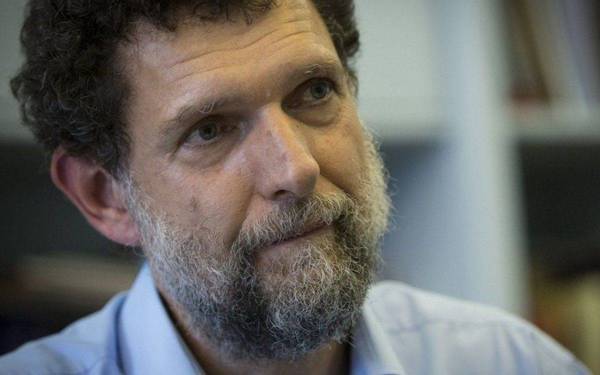
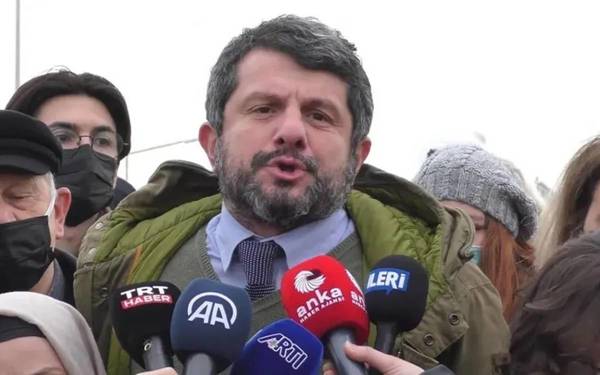
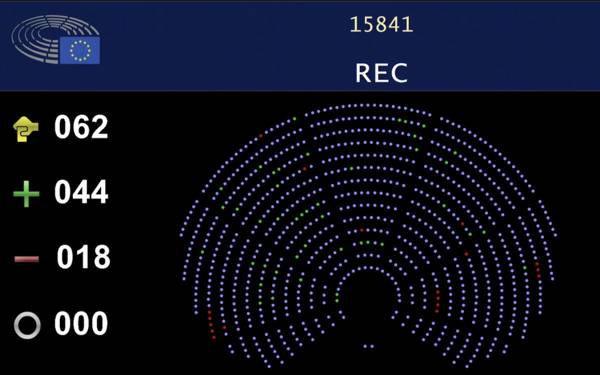
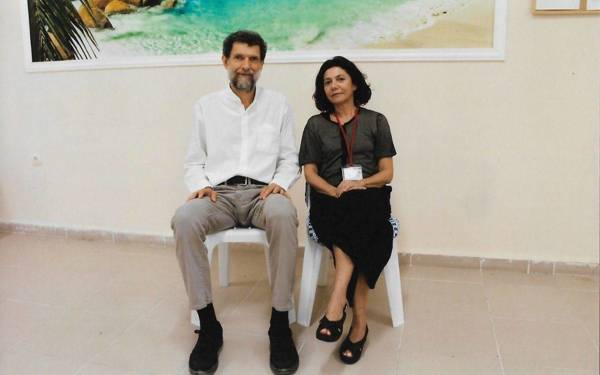
.jpg)


